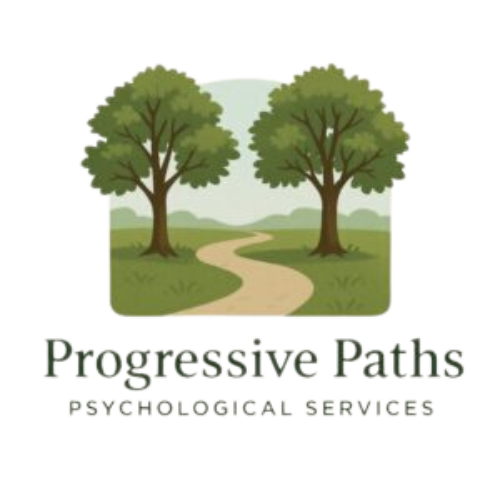In today’s fast-paced world, mental health has become an essential component of overall well-being. While virtual therapy offers convenience and accessibility, in-person therapy remains a powerful and deeply impactful way to receive professional mental health care. For many individuals, sitting down face-to-face with a therapist fosters a unique, personal connection that can greatly enhance the therapeutic process.
What is In-Person Therapy?
In-person therapy involves meeting with a licensed mental health professional in a private, office-based setting. During these sessions, you have the opportunity to engage in one-on-one conversation with your therapist, discuss your challenges, and work through issues like anxiety, depression, relationship difficulties, stress, grief, and more.
Unlike virtual therapy, where you may be communicating from a remote location, in-person therapy occurs in a professional, confidential environment. The physical presence of both the therapist and the patient fosters a deeper connection and creates a space for trust and vulnerability, which is often crucial for effective therapy.
One of the most significant advantages of in-person therapy is the human connection it offers. Body language, tone of voice, and other non-verbal cues are a key part of communication that can sometimes be lost in virtual settings. In-person therapy allows the therapist to observe these cues, creating a richer, more nuanced understanding of your feelings and concerns. This face-to-face interaction can help deepen the therapeutic relationship, making you feel more supported and understood.
In a therapist’s office, you are in a safe, private environment where you can openly discuss sensitive issues. Unlike virtual therapy, where you may be at home or in a less controlled space, an office setting provides a structured, neutral location designed specifically for therapy. This environment helps many patients feel more comfortable being open and honest.
Face to face therapy ensures that both the therapist and the patient can give their full attention to the session. There are no potential distractions, like technology glitches or external noise, which can sometimes interfere with virtual therapy. You can focus solely on the therapeutic process, making the experience more effective and productive.
In-person therapy allows the therapist to use certain therapeutic techniques more effectively. For example, mindfulness exercises, relaxation techniques, or body-centered therapies can be practiced directly in the session, providing immediate feedback and support. This hands-on approach can make it easier to learn and apply coping strategies.
This type of therapy can be beneficial for nearly anyone, especially individuals who prefer personal interaction over virtual meetings. If you feel more comfortable discussing your concerns face-to-face or are dealing with more complex issues like trauma or severe emotional distress, in-person sessions can be a better fit. It’s also ideal for those who want a structured, distraction-free environment where they can focus entirely on the therapeutic work. In-person therapy remains an invaluable method for individuals seeking professional mental health care. Whether you’re dealing with anxiety, depression, stress, or relationship issues, face-to-face sessions offer a personal, engaging, and supportive environment. With the benefits of personal connection, confidentiality, and immediate therapeutic techniques, in-person therapy continues to be a cornerstone of mental health care. If you're ready to take the step toward healing and growth, in-person therapy provides the foundation for building a trusting relationship with your therapist and achieving your mental health goals. Reach out today to schedule your first session and start the journey to a healthier, more balanced life.

Walking the path together.
All rights reserved Progressive Paths Psychological Services
Site designed and maintained by Soul Sisters Digital Design